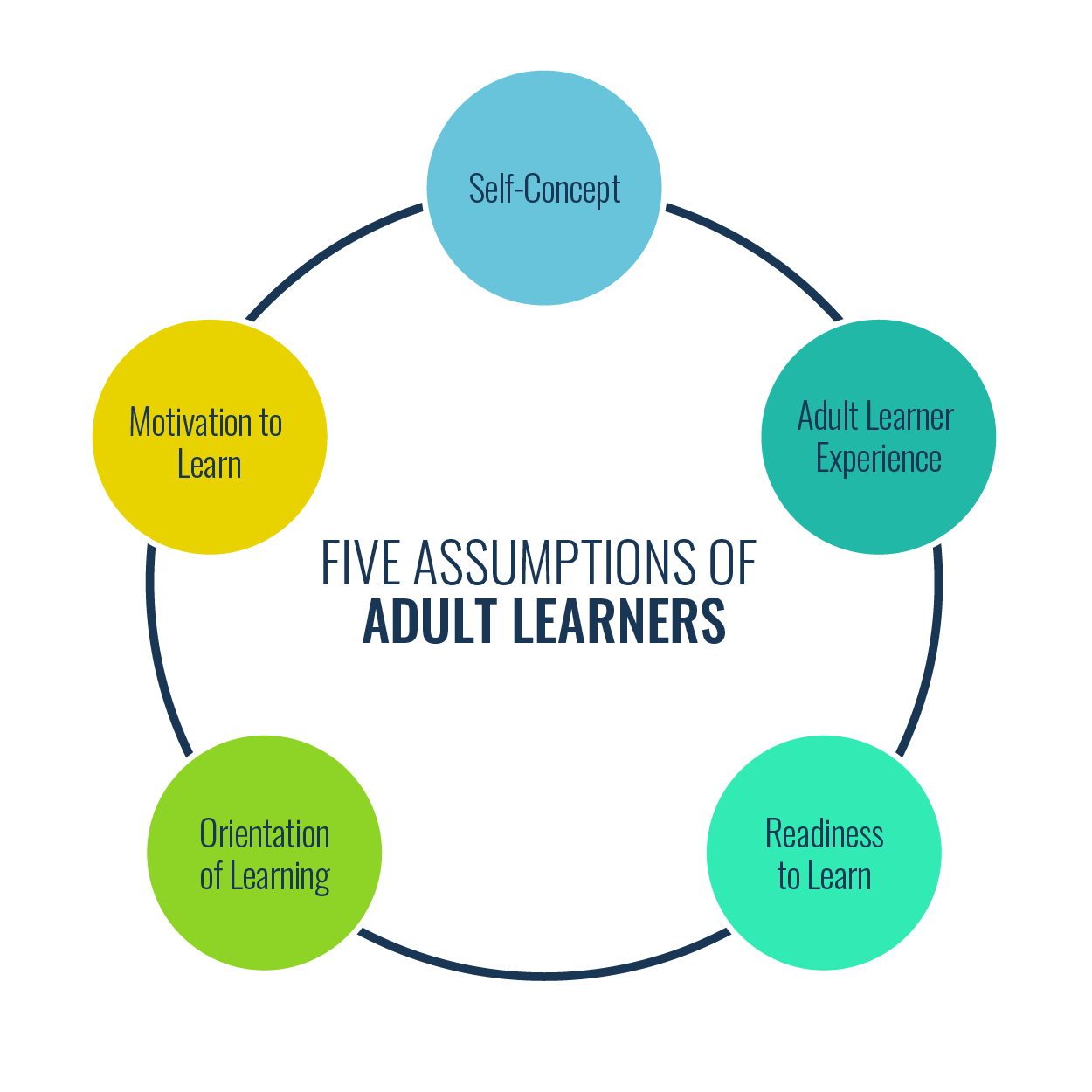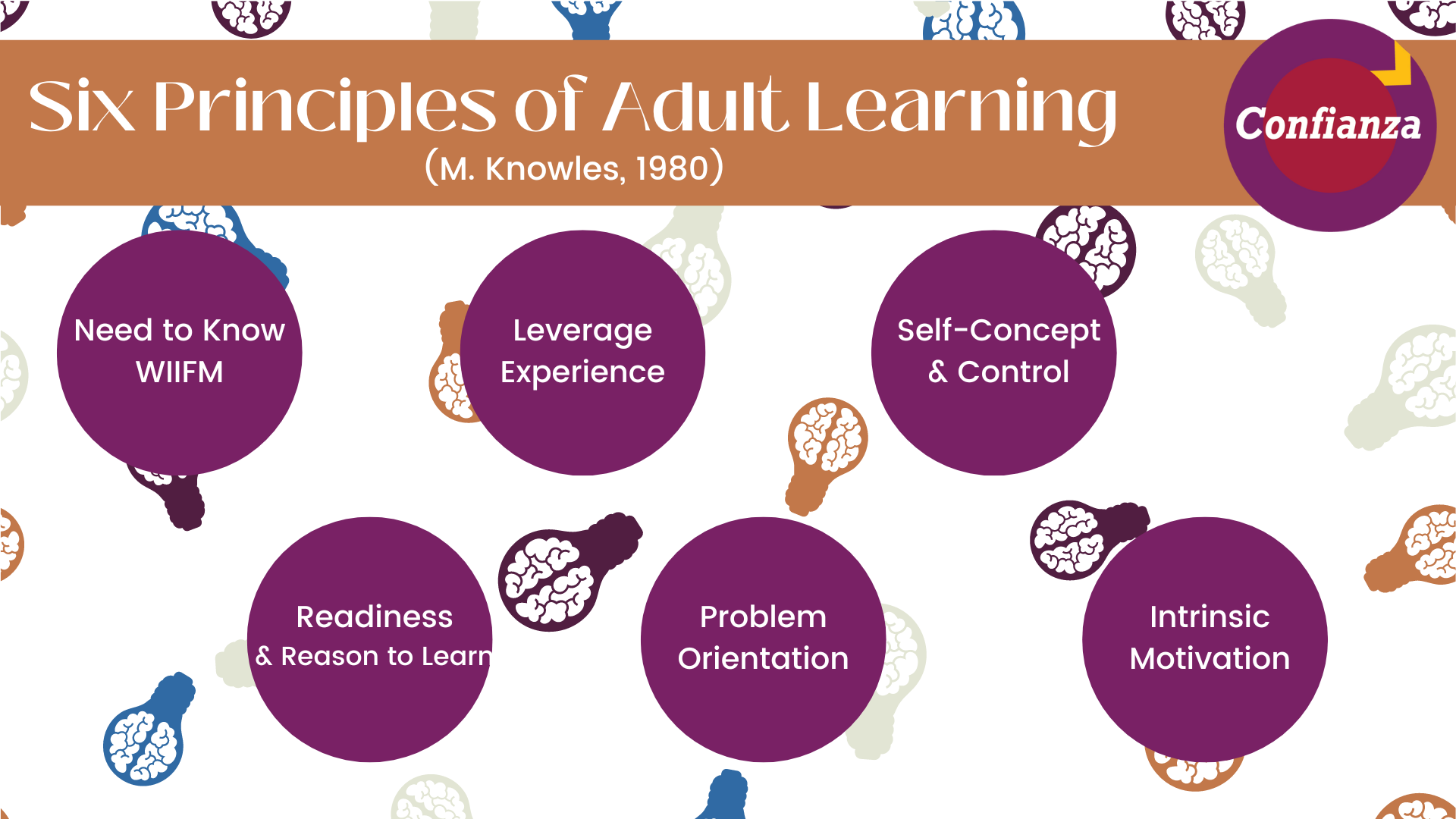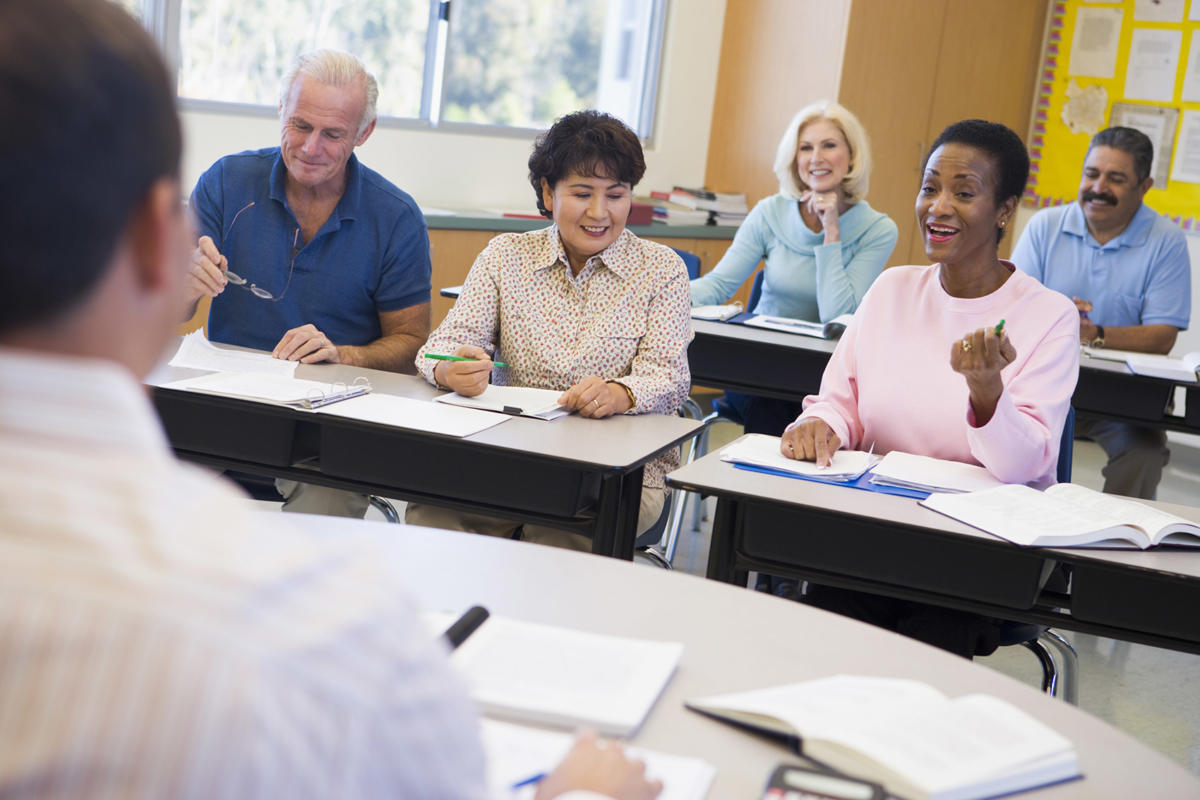Educational vacations for adults are rapidly gaining popularity, offering a unique blend of leisure and learning. These enriching experiences go beyond typical tourism, providing immersive opportunities for personal and professional growth. Whether it’s delving into ancient history, mastering culinary techniques, or exploring the Amazon rainforest, these vacations cater to a wide range of interests and learning styles, transforming travel into a transformative journey.
From intensive workshops to guided expeditions and immersive cultural programs, the options are diverse and cater to various learning preferences. The benefits extend beyond acquiring new knowledge; these vacations foster personal development, broaden perspectives, and create lasting memories. However, potential drawbacks, such as cost and time commitment, must be carefully considered when planning such an enriching experience.
Benefits and Drawbacks
Educational vacations, also known as learning holidays, offer a unique blend of leisure and learning, providing adults with opportunities for personal and professional enrichment. These trips move beyond traditional tourism, focusing on immersive experiences that foster knowledge and skill development in a stimulating environment. However, like any travel experience, they come with both advantages and disadvantages that potential participants should carefully consider.
Personal and Professional Growth
Educational vacations offer a wealth of benefits for adults. On a personal level, they provide opportunities for self-discovery and broadening horizons. Exposure to new cultures, environments, and perspectives can foster personal growth and increase self-awareness. Learning new skills, whether it’s mastering a new language during a language immersion program in Spain or learning about ancient civilizations through an archaeological dig in Greece, enhances confidence and boosts self-esteem.
Professionally, these vacations can lead to improved job performance through the acquisition of new knowledge and skills directly applicable to the workplace. For example, a culinary tour of Italy could benefit a chef, while a historical tour of Washington D.C. could benefit a history teacher. Networking opportunities with fellow participants and local experts are also valuable by-products.
The experience can also boost creativity and problem-solving skills by exposing individuals to novel situations and challenges.
Challenges and Limitations, Educational vacations for adults
Despite the significant advantages, educational vacations are not without their drawbacks. The most significant barrier for many is the cost. These trips often involve specialized programs, expert-led tours, and unique accommodations, leading to higher prices compared to standard leisure vacations. Time commitment is another factor. Many educational vacations require significant time away from work and family responsibilities, potentially disrupting schedules and requiring advanced planning.
Accessibility is a further consideration. Some programs may have physical requirements or cater to specific skill levels, excluding individuals with disabilities or limited experience. Furthermore, the quality of educational vacations can vary significantly, with some programs offering superior instruction and experiences compared to others. Thorough research and careful selection of a reputable provider are therefore crucial.
Comparative Analysis of Vacation Types
The benefits and drawbacks of educational vacations can vary depending on the type of vacation chosen. The following table compares several popular options:
| Vacation Type | Advantages | Disadvantages | Target Audience |
|---|---|---|---|
| Language Immersion Program | Significant language skill improvement, cultural immersion, improved communication skills | Can be expensive, requires a high level of commitment, may be isolating for some | Students, professionals seeking international career advancement, individuals interested in language learning |
| Culinary Tour | Exposure to new cuisines and cooking techniques, hands-on learning, cultural exploration | Can be physically demanding, may not suit all dietary needs or restrictions, can be expensive | Food enthusiasts, aspiring chefs, individuals interested in gastronomy and culture |
| Historical/Archaeological Tour | Deepening historical knowledge, understanding of different cultures, opportunities for personal reflection | Can be physically demanding, requires interest in history, may involve extensive travel | History buffs, students, individuals interested in archaeology and anthropology |
| Volunteer Vacation | Personal fulfillment, contribution to a worthy cause, cultural immersion, skill development | Can be physically and emotionally demanding, requires commitment to a specific cause, may involve limited leisure time | Individuals seeking personal growth, altruistic individuals, professionals seeking international experience |
Planning and Logistics
Educational vacations, while enriching, require meticulous planning to ensure a smooth and rewarding experience. Effective organization minimizes stress and maximizes the learning opportunities. This section provides a structured approach to planning and managing the logistics of your adult educational vacation.
Successful educational vacation planning involves a phased approach, beginning with defining your objectives and progressing through budget allocation, program selection, and logistical arrangements. Thorough preparation is key to a fulfilling and stress-free trip.
Step-by-Step Guide for Planning an Educational Vacation
This guide Artikels the key steps involved in planning an educational vacation, ensuring a structured and efficient approach. Each step builds upon the previous one, leading to a well-organized and enriching experience.
- Define Your Learning Objectives: Clearly identify your learning goals. What specific knowledge or skills do you hope to gain? What subjects or areas interest you most?
- Research Potential Programs: Explore various educational vacation providers, considering program content, location, duration, and cost. Look for programs aligning with your learning objectives.
- Develop a Budget: Estimate the total cost, including program fees, travel expenses (flights, accommodation, transportation), meals, and personal spending money. Consider potential unforeseen costs.
- Select a Program and Book: Once you’ve identified a suitable program, review the details thoroughly and book your place. Secure any necessary travel arrangements.
- Prepare for Travel: Obtain any necessary visas or travel documents, pack appropriately for the climate and activities, and make arrangements for pet care or house sitting if needed.
- Engage with the Program: Before departure, familiarize yourself with the program itinerary, contact details, and any pre-trip materials provided.
- Reflect and Evaluate: After the trip, take time to reflect on your learning experience. What did you learn? How could the experience be improved for future trips?
Checklist for Selecting a Suitable Program
Choosing the right educational vacation program is crucial for a positive experience. This checklist helps you evaluate programs effectively, ensuring alignment with your needs and expectations.
- Curriculum and Instruction: Does the program cover topics of genuine interest? Is the teaching style engaging and effective? Are learning materials provided?
- Instructor Expertise: Are the instructors qualified and experienced in their field? Do they have a good reputation?
- Location and Accommodation: Is the location convenient and accessible? Is the accommodation comfortable and safe?
- Program Cost and Value: Is the program reasonably priced considering the content and value offered? Are there any hidden costs?
- Reviews and Testimonials: Read reviews and testimonials from past participants to gain insights into their experiences.
- Health and Safety: What safety measures are in place? Are there emergency contact details provided?
- Cancellation Policy: Understand the program’s cancellation policy in case of unforeseen circumstances.
Budget and Logistics Management
Effective budget management and logistical planning are essential for a successful educational vacation. This section provides practical strategies for managing these aspects.
For example, a week-long photography workshop in Tuscany, Italy, might cost $3,000 for the program itself. Adding $1,000 for flights, $700 for accommodation, and $500 for food and incidental expenses brings the total to approximately $5,200. A detailed budget should be created well in advance, accounting for all potential expenses, including unexpected costs like travel insurance or emergency medical care.
Logistics include booking flights and accommodation well in advance, especially during peak seasons. Consider travel insurance to protect against unforeseen events like flight cancellations or medical emergencies. Packing light reduces baggage fees and simplifies travel. Researching local transportation options and making reservations where necessary helps avoid last-minute hassles. Finally, ensure all necessary documents – passport, visa (if required), program confirmation, travel insurance details – are readily accessible.
Remember to click best vacation spots for seniors to understand more comprehensive aspects of the best vacation spots for seniors topic.
Future Trends in Educational Vacations: Educational Vacations For Adults
The landscape of adult educational vacations is undergoing a rapid transformation, driven by evolving learning styles, technological advancements, and a growing desire for immersive and personalized experiences. This dynamic shift is reshaping the industry, presenting both challenges and exciting opportunities for providers and travelers alike. We can expect to see a continued blurring of lines between leisure and learning, with experiences increasingly tailored to individual needs and interests.The increasing demand for authentic and impactful experiences is fueling innovation in the field.
Educational vacations are moving beyond traditional lecture-based formats towards more experiential learning models. This includes a greater emphasis on hands-on activities, interaction with local communities, and opportunities for personal reflection and growth.
Experiential Learning and Immersive Travel
Experiential learning is becoming the cornerstone of future educational vacations. Instead of passively absorbing information, travelers will actively participate in workshops, field trips, and cultural exchanges that directly relate to their chosen area of study. For example, a culinary history tour might involve a hands-on cooking class with a local chef, followed by a visit to a historical market.
A photography workshop could incorporate a guided tour of a national park, allowing participants to apply their skills in a breathtaking setting. This shift emphasizes active participation and real-world application of knowledge, leading to deeper understanding and lasting memories.
Personalized and Customized Itineraries
The future of educational vacations will be defined by personalization. Travelers will increasingly expect customized itineraries tailored to their specific interests, learning styles, and pace. This trend is fueled by the rise of online travel agencies and platforms that offer sophisticated tools for building bespoke travel experiences. For example, a platform might allow users to select specific topics, activity levels, and budget constraints, generating a personalized itinerary that includes relevant courses, excursions, and accommodation options.
This approach caters to the growing demand for unique and fulfilling travel experiences that resonate with individual preferences.
The Role of Technology in Educational Vacations
Technology is playing an increasingly pivotal role in shaping the future of educational vacations. Virtual and augmented reality (VR/AR) technologies are emerging as powerful tools for enhancing the learning experience. Imagine exploring ancient ruins through a VR headset, or dissecting a human heart in a virtual anatomy lab without leaving the comfort of your hotel room. Furthermore, mobile apps and online platforms are being used to provide pre-trip preparation materials, real-time translations, and access to expert guidance throughout the journey.
This blend of physical and digital experiences promises to create more engaging and accessible educational vacations for a wider audience. For instance, an app could provide real-time information about local flora and fauna during a nature-based educational tour, enhancing the learning experience significantly.
Sustainable and Responsible Travel
Increasingly, travelers are seeking educational vacations that align with their values. Sustainable and responsible tourism is emerging as a key trend, with travelers prioritizing eco-friendly accommodations, minimizing their environmental impact, and supporting local communities. This includes choosing accommodations with green certifications, participating in community-based tourism projects, and opting for low-carbon transportation options. Educational vacations will increasingly incorporate elements of sustainability and social responsibility, creating a more meaningful and impactful travel experience.
For example, a tour focused on wildlife conservation might include volunteering opportunities at a local wildlife sanctuary, directly contributing to conservation efforts.
Visual Representation of Learning Experiences

Educational vacations are increasingly leveraging visual learning to enhance comprehension and retention. By engaging multiple senses and creating lasting emotional connections, these experiences move beyond rote memorization to foster deeper understanding and appreciation of the subject matter. This immersive approach transforms passive learning into active participation, making the educational journey more engaging and memorable.Visual aids and immersive experiences are integral to effective learning.
They provide a concrete framework for abstract concepts, allowing learners to connect new information with pre-existing knowledge in a more meaningful way. Furthermore, the emotional resonance created through vivid sensory experiences solidifies learning and facilitates long-term retention.
An Immersive Learning Experience in Tuscany
Imagine yourself standing amidst the rolling hills of Tuscany, the sun warm on your skin, the scent of cypress and olive trees filling the air. A local artisan demonstrates the ancient process of olive oil production, the rhythmic clang of the mill echoing through the ancient stone building. You taste the freshly pressed oil, its peppery bite a revelation, while the artisan explains the history and cultural significance of olive cultivation in the region.
Later, you attend a pasta-making class, the flour dusting your hands as you knead the dough, the satisfying weight of it a tangible connection to the culinary traditions of the region. The evening concludes with a breathtaking sunset over the vineyards, the colors painting the sky in vibrant hues, creating a lasting visual memory intertwined with the sensory experience of the day.
The emotional impact is profound; you’ve not just learned about Tuscan culture, you’ve lived it.
A Visual Representation: A Hand-Drawn Map
A key aspect of an educational vacation focusing on the Silk Road could be represented by a large, hand-drawn map. This map wouldn’t be a simple geographical depiction, but rather a richly detailed artistic rendering. Each city along the Silk Road would be depicted not just by a dot, but by a small illustration reflecting its unique character – a bustling marketplace in Samarkand, a serene monastery in Lhasa, a caravan of camels traversing the Gobi Desert.
The lines connecting the cities wouldn’t be simple strokes, but rather ribbons depicting the flow of goods and ideas along the trade routes, perhaps subtly changing color to represent different eras or empires. The overall effect would be a visually stunning and informative piece, highlighting the interconnectedness of cultures and the vastness of the Silk Road’s reach. The map would serve as a central point of reference throughout the trip, constantly reminding participants of the journey’s historical and geographical context.
Visual Representation of a Learning Activity: The “Cultural Tapestry”
The learning activity involves participants creating a collaborative “Cultural Tapestry.” Each participant, after visiting a significant historical site or cultural location, creates a small textile square representing their experience. The square could incorporate local fabrics, embroidery, or other decorative techniques reflecting the site’s unique aesthetic. The squares are then sewn together to create a larger tapestry, a visual representation of the collective learning journey.
This activity fosters creativity, collaboration, and a tangible record of the educational vacation’s impact. The final tapestry becomes a powerful symbol of the shared experiences and newfound knowledge, reflecting the interwoven threads of history, culture, and personal growth.
In conclusion, educational vacations for adults represent a powerful intersection of leisure and learning, providing a pathway to personal enrichment and professional advancement. By carefully considering individual interests, budget, and logistical aspects, adults can embark on transformative journeys that blend exploration with intellectual stimulation. The growing popularity and innovation within this sector promise even more exciting and accessible options for lifelong learners in the years to come.
The future of educational travel looks bright, promising a continued evolution of enriching and engaging experiences for all.


